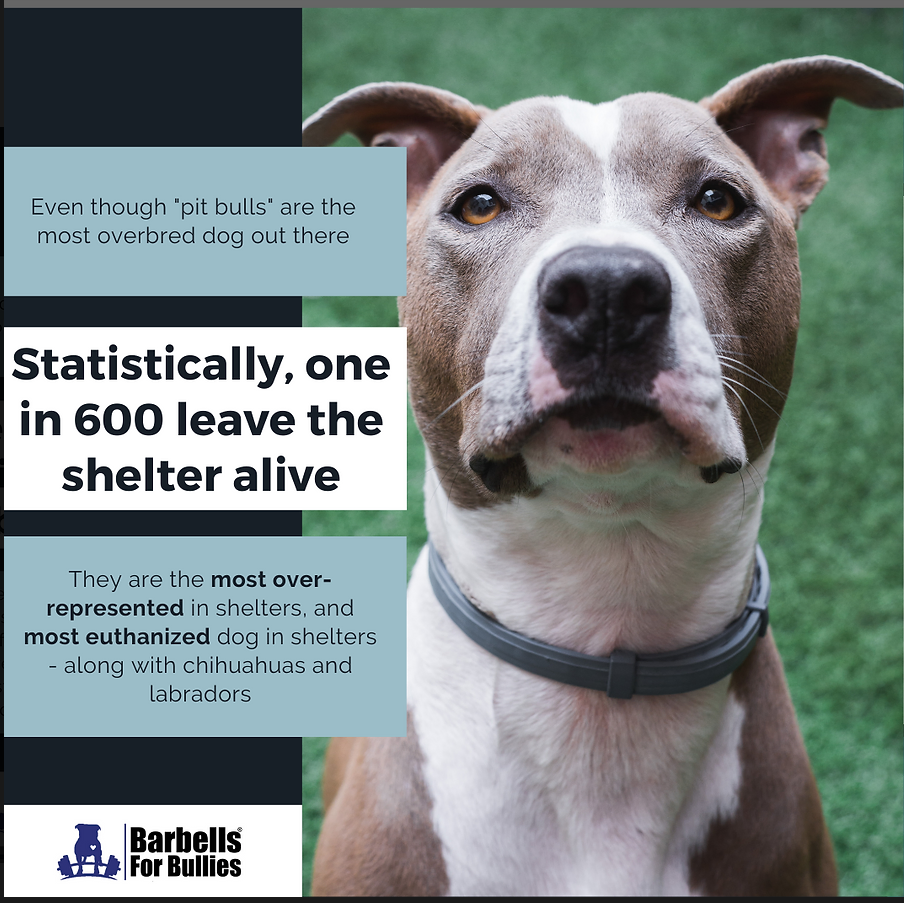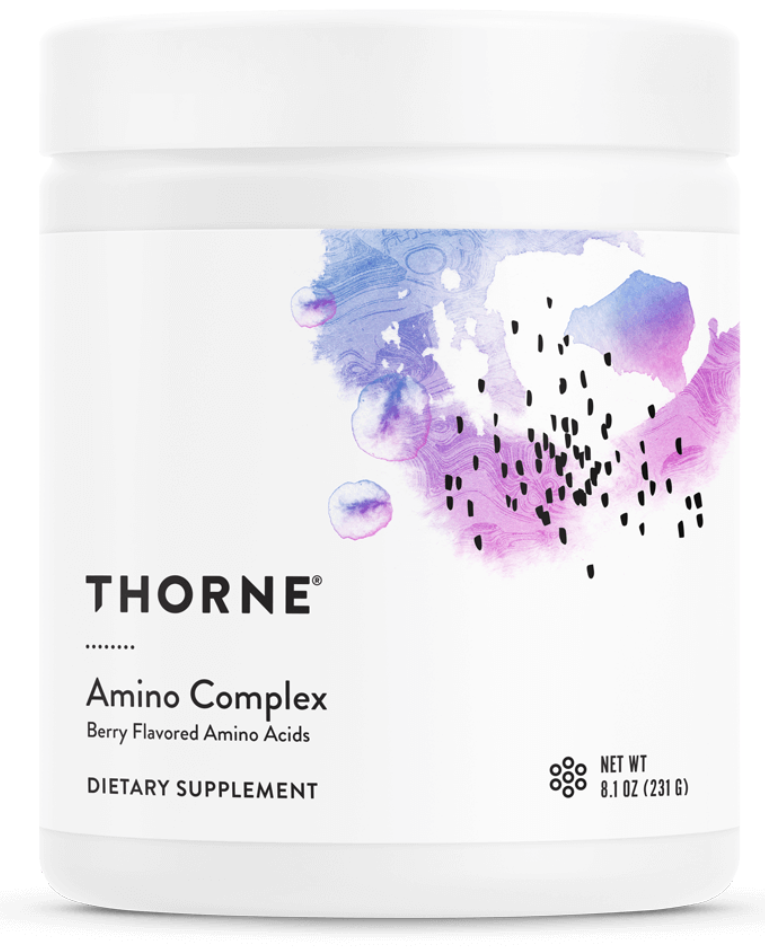A lot of nutrition questions have come up lately and i am hoping that the information below will help to explain why avoiding grains and sugars will help not only your performance but your over all health.
What Should I Eat?
In plain language, base your diet on garden vegetables, especially greens, lean meats & fish, nuts and seeds, little starch, and no sugar. Pulling gluten from the roundup and minimizing dairy. That’s about as simple as we can get. Many have observed that keeping your grocery cart to the perimeter of the grocery store while avoiding the inside aisles is a great way to protect your health. Food is perishable. The stuff with long shelf life is all suspect. If you follow these simple guidelines you will benefit from nearly all that can be achieved through nutrition.
What Foods Should I Avoid?
Excessive consumption of high-glycemic carbohydrates is the primary culprit in nutritionally caused health problems. High glycemic carbohydrates are those that raise blood sugar too rapidly. They include rice, bread, candy, potato, sweets, sodas, and most processed carbohydrates. Processing can include bleaching, baking, grinding, and refining. Processing of carbohydrates greatly increases their glycemic index, a measure of their propensity to elevate blood sugar.
Sugar and Carbohydrates are toxic and prevent fat metabolism, accelerate aging and chronic diseases.
Perhaps the most dangerous and toxic substance that we put in our bodies on a routine basis is sugar and high glycemic carbohydrates which convert rapidly to sugar when they are digested.
The average American eats about 21 teaspoons of sugar a day or over 3X the amount recommended by the new
heart disease guidelines not including high glycemic carbohydrates. It is easy to reach 21 teaspoons of sugar. A 12 oz can of regular soda contains 8 to 10 teaspoons of sugar. Virtually all processed foods contain significant amount of sugars. Also most whey protein products contain significant sugar and high glycemic carbohydrates. These additives are empty calories, spike insulin and add no real nutrient value.
The rapid absorption of sugar causes a massive release of insulin. Insulin causes fat metabolism to cease and fat storage to commence. Insulin increases cholesterol synthesis in the liver and raises cholesterol levels, particularly bad cholesterol (LDL Cholesterol). Insulin increases inflammation. The constant presence of insulin in our blood leads to insulin insensitivity and this leads to high blood levels of sugar and a state of diabetes, vascular, kidney disease, heart diseases and neurodegenerative diseases. All of these bad events from ingesting too much sugar!!! If you control sugar intake, you will without question improve your health.
Sugar also induces inflammation via a process called glycation or sometimes referred to as non enzymatic glycosylation. This process is the chemical linking of a sugar molecule to a protein molecule, and this union induces inflammation. This process is also called AGE (Advanced Glycation Endproduct). These sugar- protein products contribute to a variety of diseases such as diabetes (hemoglobin glycation results in increased levels of glucose binding to hemoglobin (Hb A1c levels correlate with diabetes)), cancer, and even retinal dysfunction. Collagen cross linking is the result of high blood levels of glucose. Collagen leads to loss to tissue elasticity and aging. Wrinkles and dark spots under the eye are outward examples of collagen cross linking. In this case cross linking pulls the collagen together in lines resulting in wrinkles.
What Is The Problem With High-Glycemic Carbohydrates?
The problem with high-glycemic carbohydrates is that they give an inordinate insulin response. Insulin is an essential hormone for life, yet acute, chronic elevation of insulin leads to hyperinsulinism, which has been positively linked to obesity, elevated cholesterol levels, blood pressure, mood dysfunction and a Pandora’s box of disease and disability.
Why We Don’t Eat Grains
A. Grains provoke an inflammatory response in the gut.
Lectins are specialized proteins found in many plants and foods, but are found in high concentration in grains (particularly wheat), legumes (particularly soy), and dairy. The most commonly referenced grain lectin is called “gluten”, but there are many others which are found even in pseudo-grains like quinoa. Lectins serve many biological functions in animals, but foods with high concentrations of lectins are harmful even if consumed in moderate amounts.
Lectins are hardy proteins that do not break down easily, and are resistant to stomach acid and digestive enzymes. They migrate through your digestive tract largely intact, and disrupt the intestinal membrane, damaging cells and initiating a cascade of events leading to eventual cell death. (Translation: lectins destroy the cells that line your intestines, leading to small “microperforations” or tiny holes in your intestinal lining.) These holes allow intact or nearly intact proteins, bacteria and other foreign substances to cross into the bloodstream – where they do not belong. As the immune system notices foreign substances in the body, it responds and attacks. The immune response can manifest in an unlimited number of conditions (not just in the digestive tract!) commonly referred to as “auto-immune” in nature.
It’s important to note that these cautions are not just critical for those with a diagnosed Celiac condition. These negative downstream effects happen to everyone who eats grains, to various degrees.
B. Grains spike insulin levels
Grains pack a whopping amount of carbohydrates in a very small package. As most grains are also heavily processed (yes, even whole grains) they are broken down into blood sugar (glucose) in your body very quickly. A high amount of ingested carbohydrate broken down very fast leads to a spike in blood sugar. The body, demanding homeostasis, then releases a massive dose of a hormone called insulin to pull blood sugar levels back down. This is often referred to as an “insulin spike”.
When too much blood sugar is present in the system, your body quickly runs out of places to store it as useful energy, and will store any excess as body fat. In addition, when too much insulin is present in the system, the cells in your body become desensitized to the hormonal “message” insulin is trying to send. Since the message isn’t getting through, your pancreas is prompted to release even more insulin when your body doesn’t need it. Finally, chronically high insulin levels lead to a condition in which your body has trouble releasing the energy already stored in your cells. This is a bad place to be. If (via a diet high in carbohydrates) this pattern continues, insulin levels continue to rise, fat stores continue to grow and the body becomes completely incapable of responding to its own directions.
C. Grains have an acidifying effect on the body
A net acid-producing diet promotes bone de-mineralization (i.e. osteopenia and osteoporosis), and systemic inflammation. Grains are one of the highest acid-producing food groups. By replacing grains and grain-containing processed foods with plenty of green vegetables and fruits, the body comes back into acid/base balance (and a more positive calcium balance). Recent research out of Tufts University has also shown that a more alkaline diet preserves muscle mass. We like muscle mass.
D. Grains are “empty calories”
All grains – things like oatmeal, pasta, breads and cereals – have two things in common. They are calorically dense, and nutritionally meager. A small portion of grains packs a whopping amount of calories, almost all in the form of carbohydrates. All those calories, however, contain a miserly amount of vitamins, minerals and phytonutrients (also called phytochemicals). Compare the calories, carbohydrates and vitamin profile of two large slices of whole grain bread (100 grams) to one cup of chopped, cooked broccoli (184 grams – nearly twice the mass). (Nutritional stats from NutritionData.com)
Note that we’re not saying there is nothing good to be found in grains. They do contain vitamins and minerals in various proportions and amounts. But the serious down sides of grains far outweigh any potential health benefits. Bottom line – there is NOTHING found in grains that you can’t get from a better source with NO down sides (like vegetables, fruits, nuts and seeds).
Eat real food – Insist on food that was recently alive and will expire soon.
Stress quality, not quantity – Seek out the finest ingredients. You’re investing in the only body you will have in this lifetime!
Fuel your performance – If you don’t look, perform and feel great, upgrade what you put in the tank! Excite your palate – Keep your sources varied. Try new foods and cooking techniques. This will keep things fun and interesting.
Socialize – Eating has been a strong social experience in our history; embrace it! Cook for someone. Cook with someone. Take pictures and show the world your creations.
We recommend eating organic and grass-fed when ever possible. Support your local farmers, shop the farmers market for the freshest, in season and organic fruits and vegetables.
We all get stuck in the same ruts, keep your eating exciting and your life will be too!!





